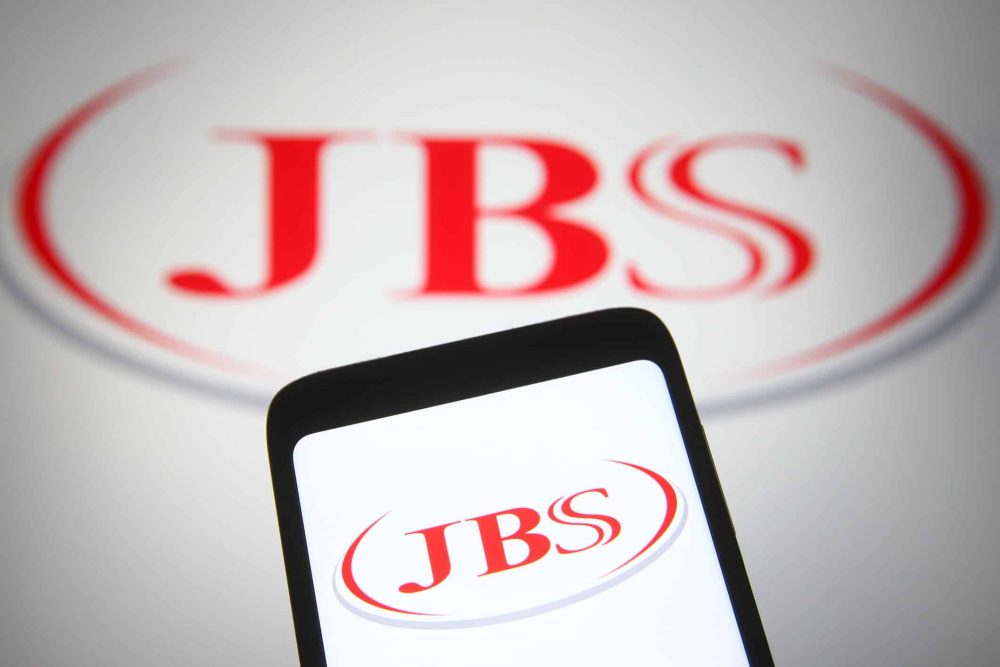The New York Attorney General has sued JBS, the world’s largest meatpacker, for allegedly deceiving consumers about its environmental footprint.
Letitia James has targeted JBS’s promises to achieve net-zero carbon emissions by 2040.
She argues the goal exploits consumers’ environmental concerns and aspirations for a sustainable planet.
She said: “JBS USA’s environmental greenwashing exploits the pocketbooks of everyday Americans and the promise of a healthy planet for future generations.”
A JBS spokeswoman said the company is committed to ensuring a sustainable future for agriculture and disagrees with the New York attorney general’s office.
She said: “JBS will continue to partner with farmers, ranchers and our food system partners around the world to help feed a growing population while using fewer resources and reducing agriculture’s environmental impact.”
JBS, with a vast operation spanning across the US and Brazil, generating nearly $80 billion annually, has faced criticism for its environmental practices.
Environmentalists have scrutinized the company for its purported connections to deforestation in the Amazon rainforest.
They urged the US Securities and Exchange Commission to reject its proposed New York Stock Exchange listing.
The lawsuit further highlights the challenges in attaining net-zero emissions in the beef production industry.
It emphasizes the significant methane emissions from cattle and the detrimental effects of deforestation.
Looking to boost your online brand? Create your FREE business profile at WhatBiz? Here
JBS faces fines and could forfeit profits
The case against JBS alleges the company’s sustainability claims, which have been a part of its narrative since 2015, constitute a violation of state consumer protection laws against fraud.
If the court finds JBS liable, it could face fines and be compelled to forfeit profits from these allegedly misleading claims.
However, some legal experts, like Professor J.W. Verret from George Mason University, argue that the lawsuit may not meet the threshold for consumer fraud as it does not directly relate to the quality or nature of the meat products sold by JBS.
Other meat companies, like Tyson Foods and Smithfield Foods, have announced sustainability initiatives to reduce greenhouse gas emissions.
These commitments, however, have been met with skepticism from some environmental groups.
JBS’s attempt to list on the US stock exchange has been postponed.
It comes amid corporate governance challenges, including a bribery scandal in Brazil involving its parent company’s controlling shareholders.




